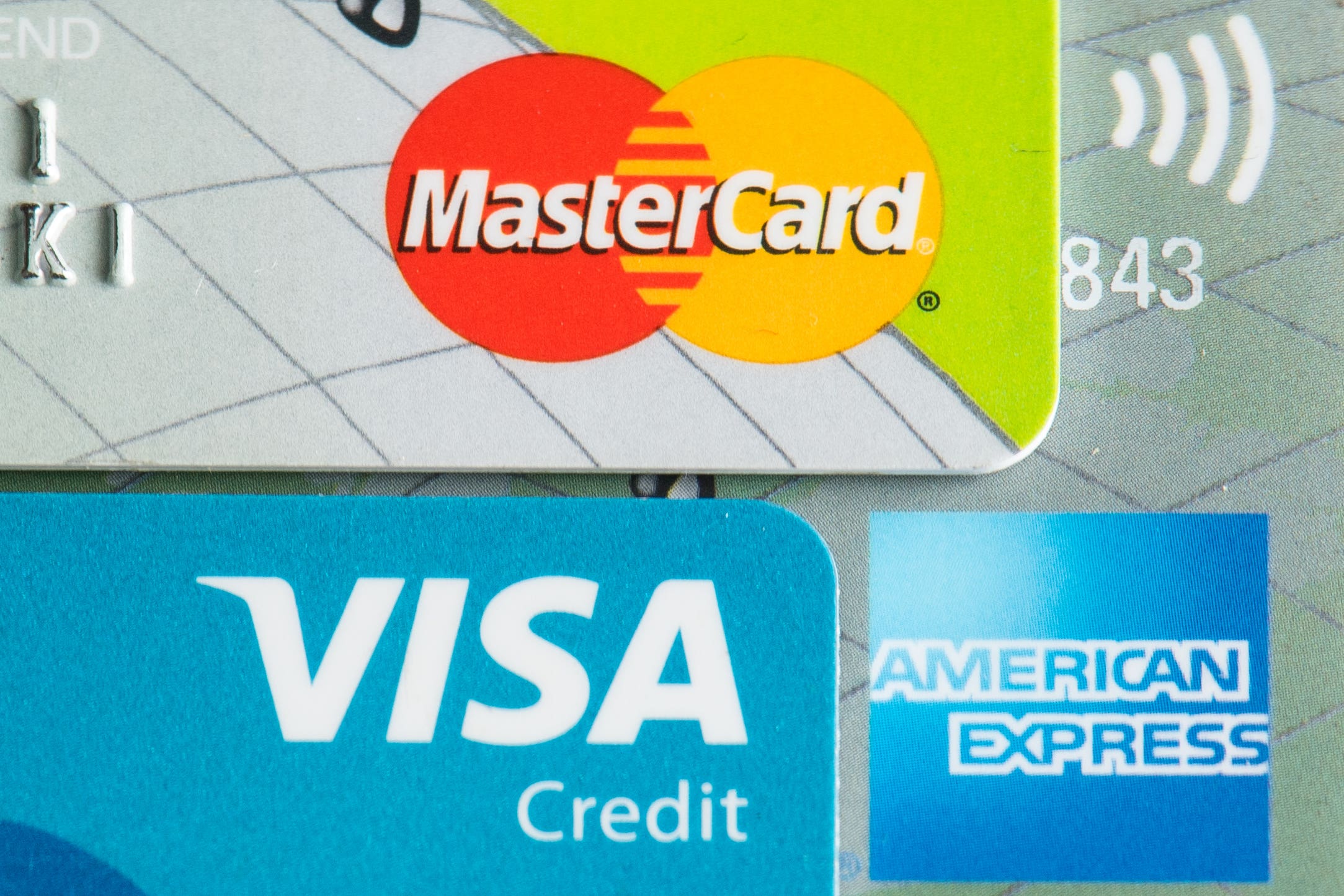Bargain hunters warned of £15 million worth of fraud ahead of Black Friday
Shoppers aged 19 to 25 are most at risk of being targeted

Bargain hunters are being warned of online scams ahead of Black Friday, with young people aged between 19 and 25 most at risk.
Data from the National Fraud Intelligence Bureau (NFIB) has revealed that people lost £15.3 million during the festive period last year – with the average loss being £1,000.
Examples of scams include one shopper losing more than £150 trying to purchase a mobile phone via social media and another being duped out of £7,000 while attempting to buy a campervan online.
Now the National Cyber Security Centre (NCSC) – which is part of GCHQ – has launched a national Cyber Aware campaign providing shoppers with advice ahead of Black Friday and the Christmas period.
This advice includes protecting accounts with two-step verification and strong passwords using three random words.
Shoppers are also advised to research online retailers by checking feedback and consumer websites and to pay securely, with credit cards if possible as they provide better protection or with payment platforms such as PayPal, Google or Apple Pay.
Lindy Cameron, NCSC CEO, said: “Online shoppers will understandably be looking for bargains during the Black Friday and Christmas shopping period and we want them to do so safely.
“Sadly we know that criminals will look to exploit consumers at this time of year which is why good cyber security has such an important role to play.
“I would urge everyone to help us fight the scammers by following our Cyber Aware advice to set up two-step verification and use three random words passwords.”
Pauline Smith, head of Action Fraud, said: “I urge shoppers to be cautious of where and who you’re buying from.
“Our figures show that most scams last year involved mobile phones and electronics, so always shop with official retailers and don’t be enticed by deals that seem too good to be true.
“Where possible, use a credit card when shopping online as this will offer you more protection if anything goes wrong.
“Follow our practical advice to enjoy shopping online safely and ensure you’re not targeted this Christmas, especially given the cost-of- living crisis we’re facing.”
The NFIB data showed that almost half of the scams reported to Action Fraud mentioned one social media platform, making it the most likely medium for shopping and auction fraud to take place.
Of the 19,744 reports of scams, 20% were related to the purchase of electronics and 13% to mobile phones.
And fraud related to the purchase of selling vehicles was the third most common (8%).
The data also revealed that the demographic most likely to fall victim to online shopping scams was those aged 19 to 25 with 47% of the victims being male and 41% female, with the remaining 12% not providing that information.
Bookmark popover
Removed from bookmarks